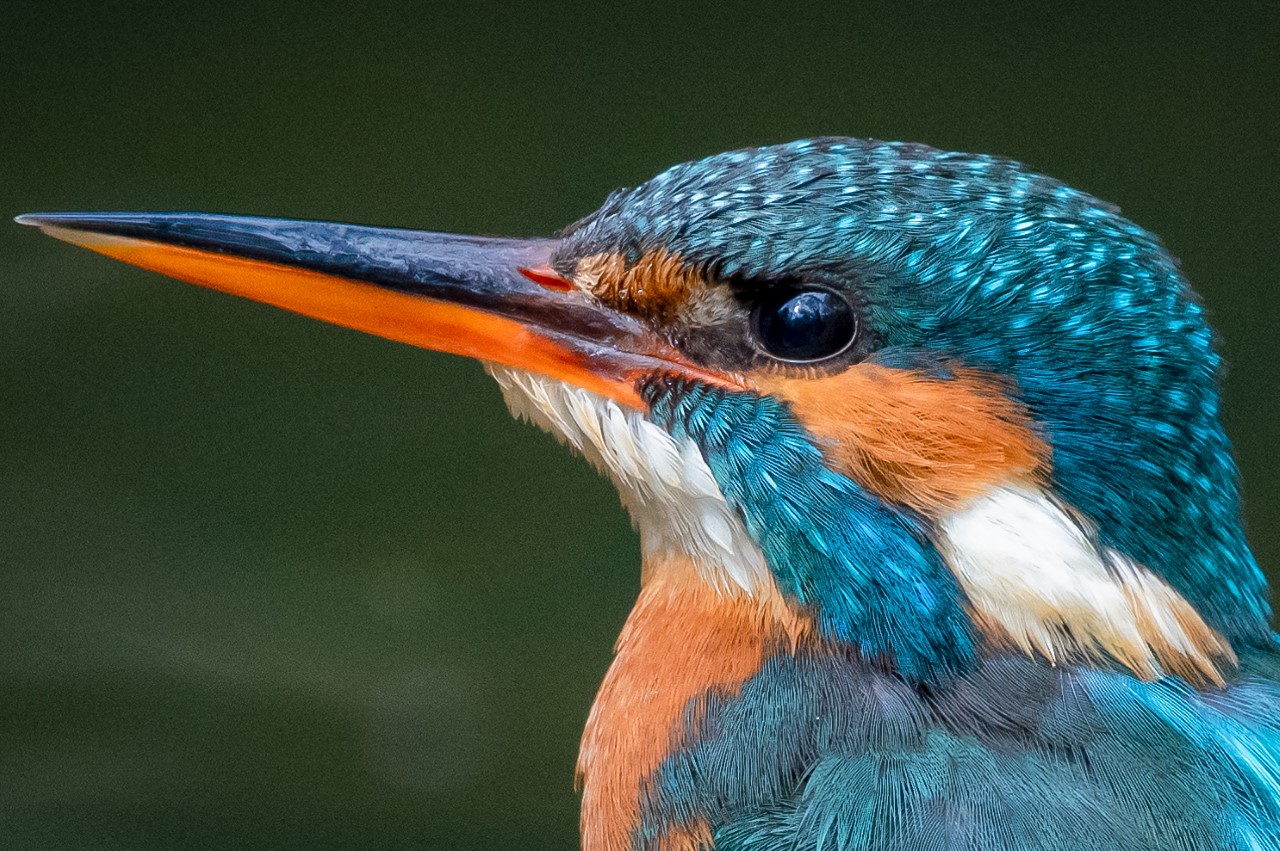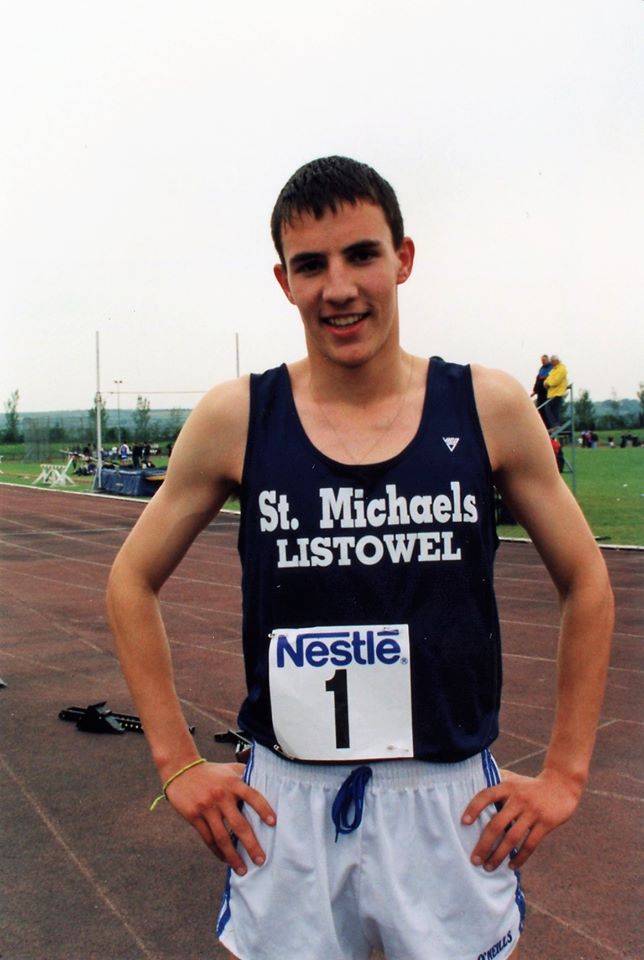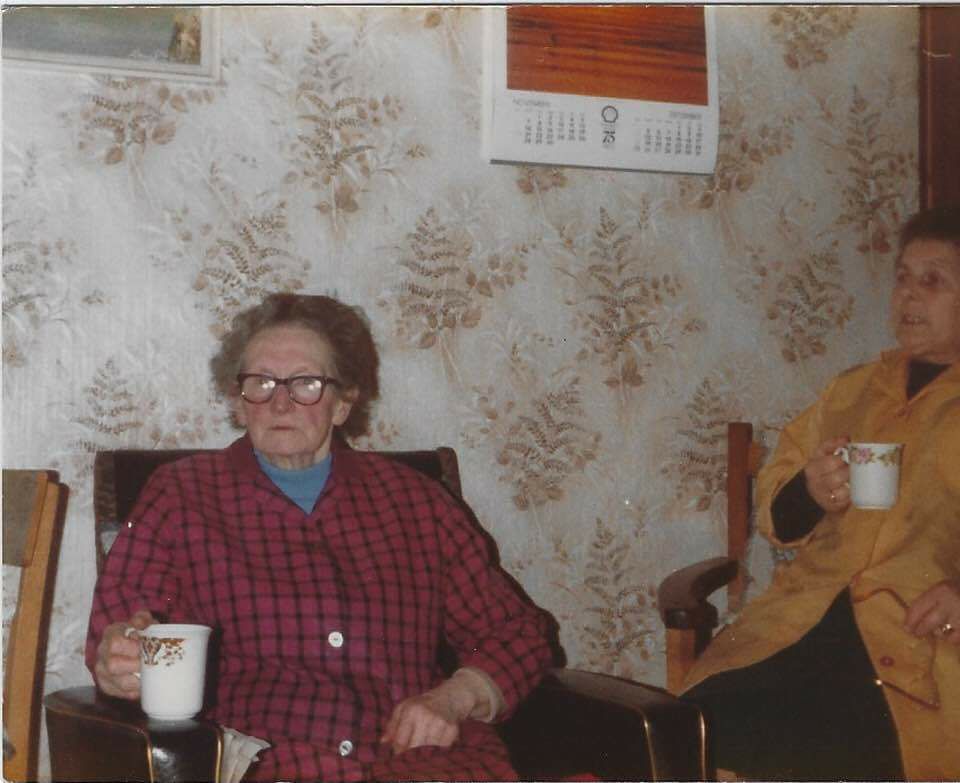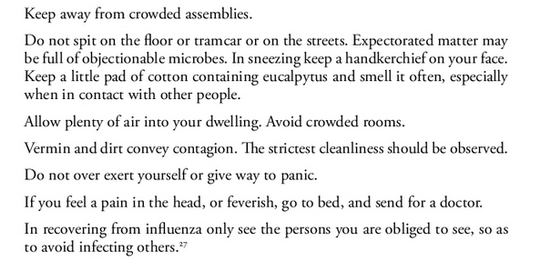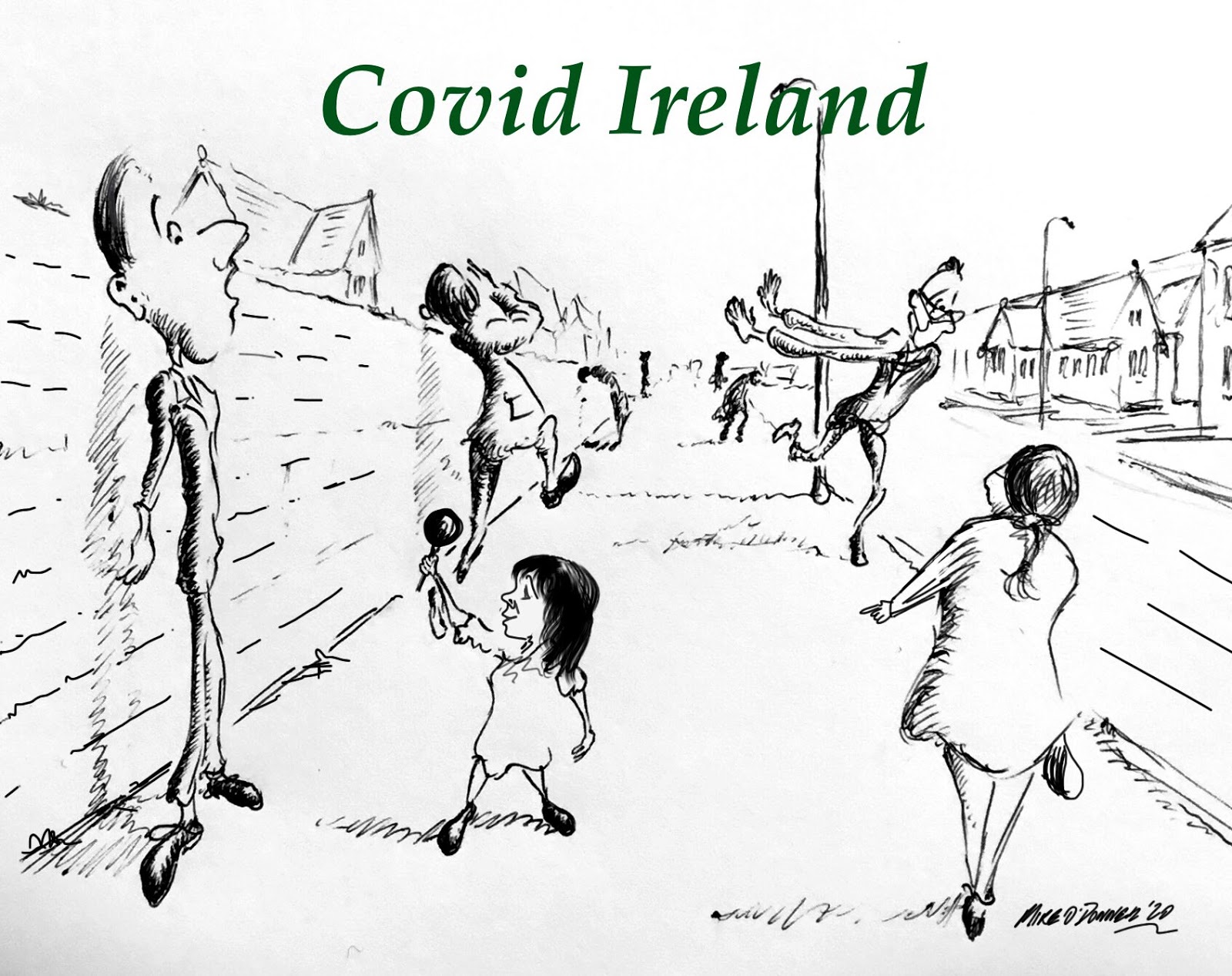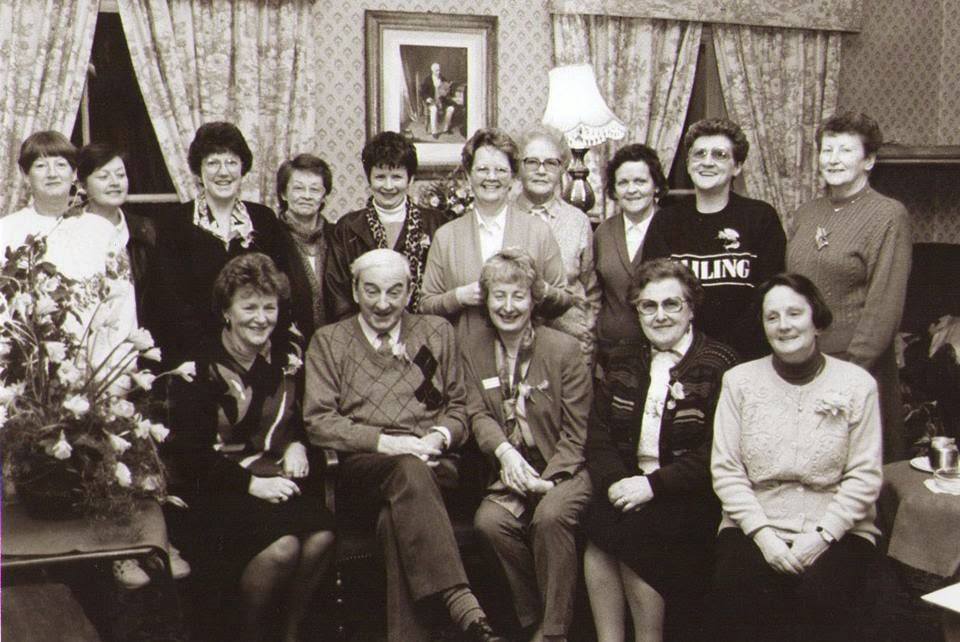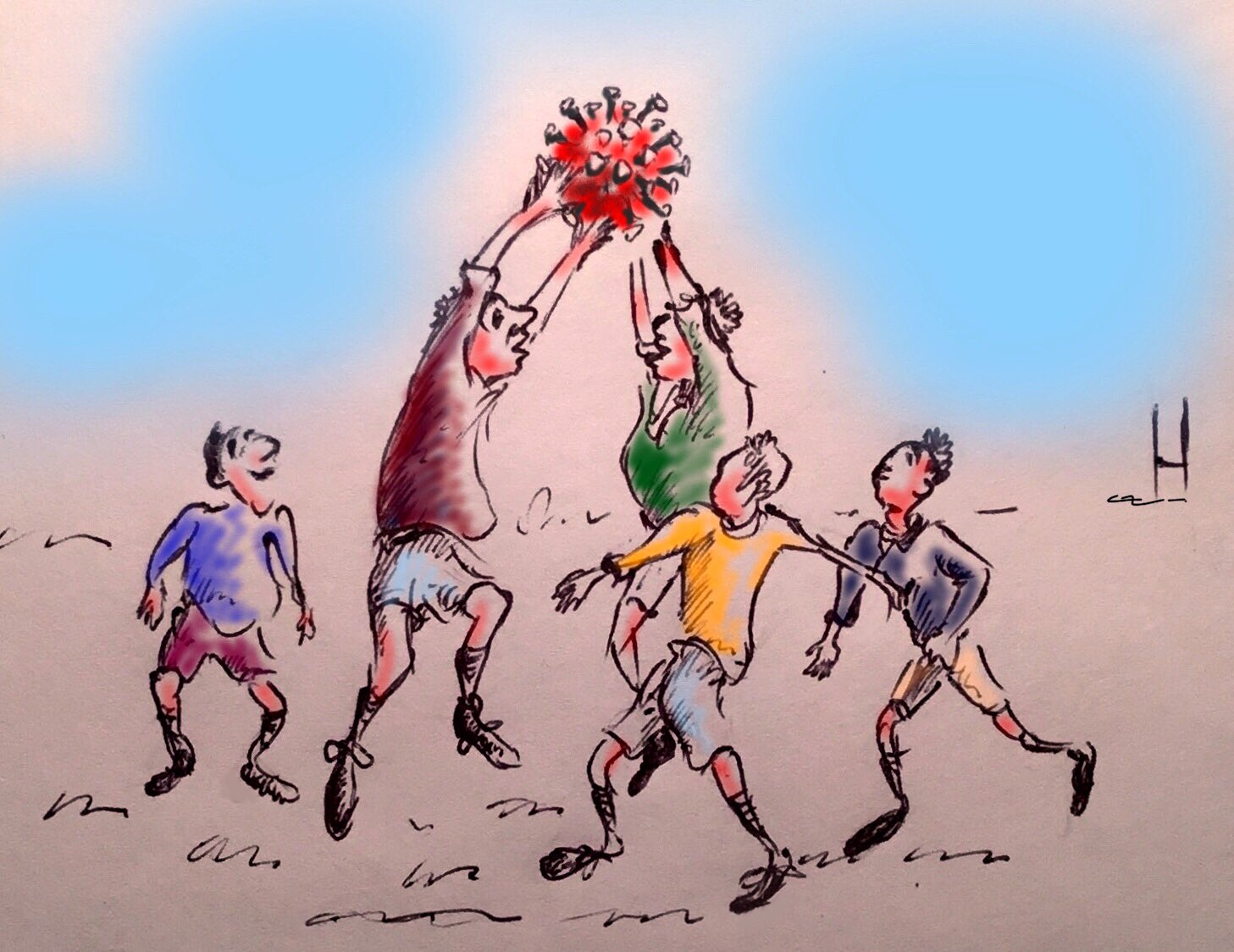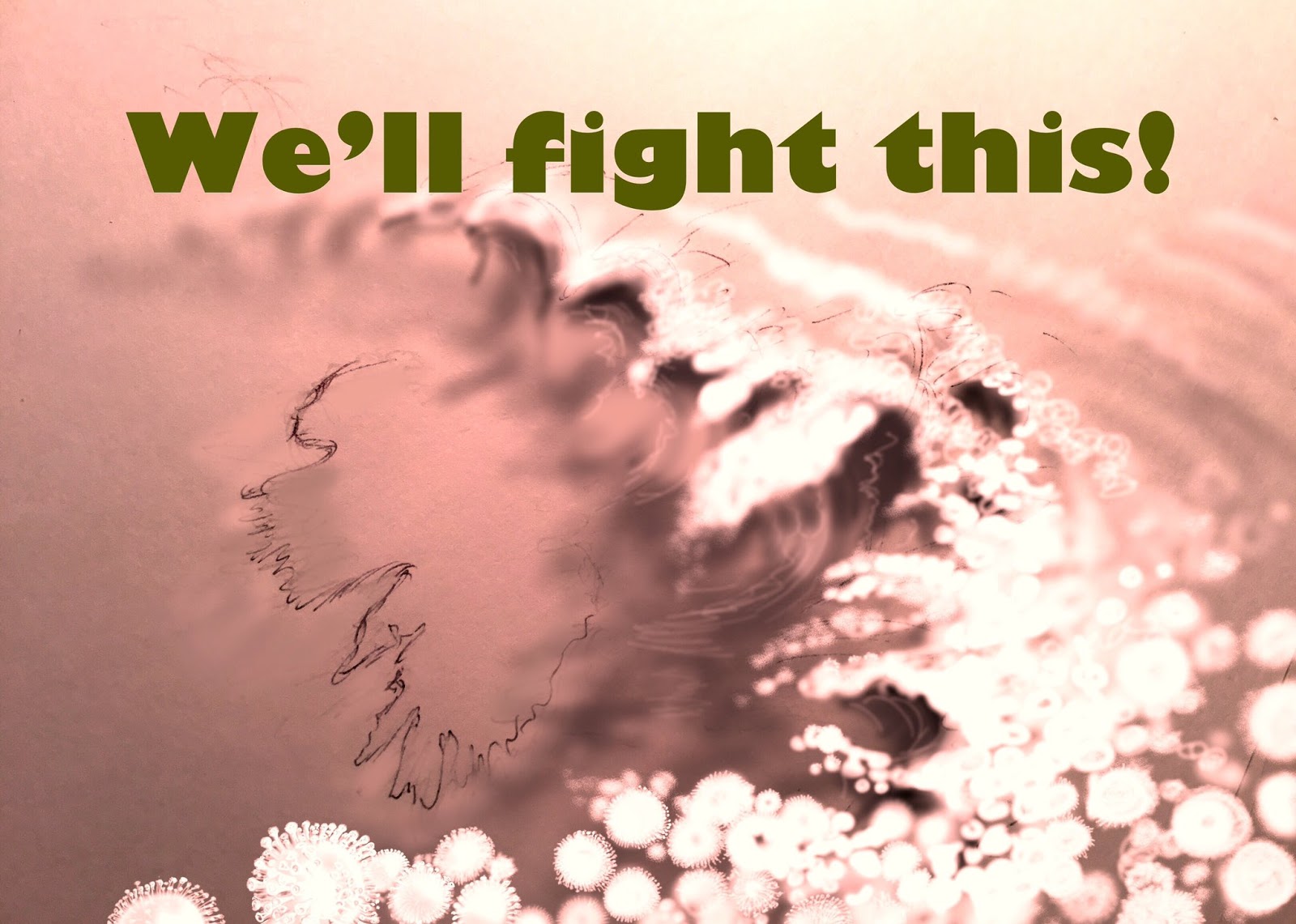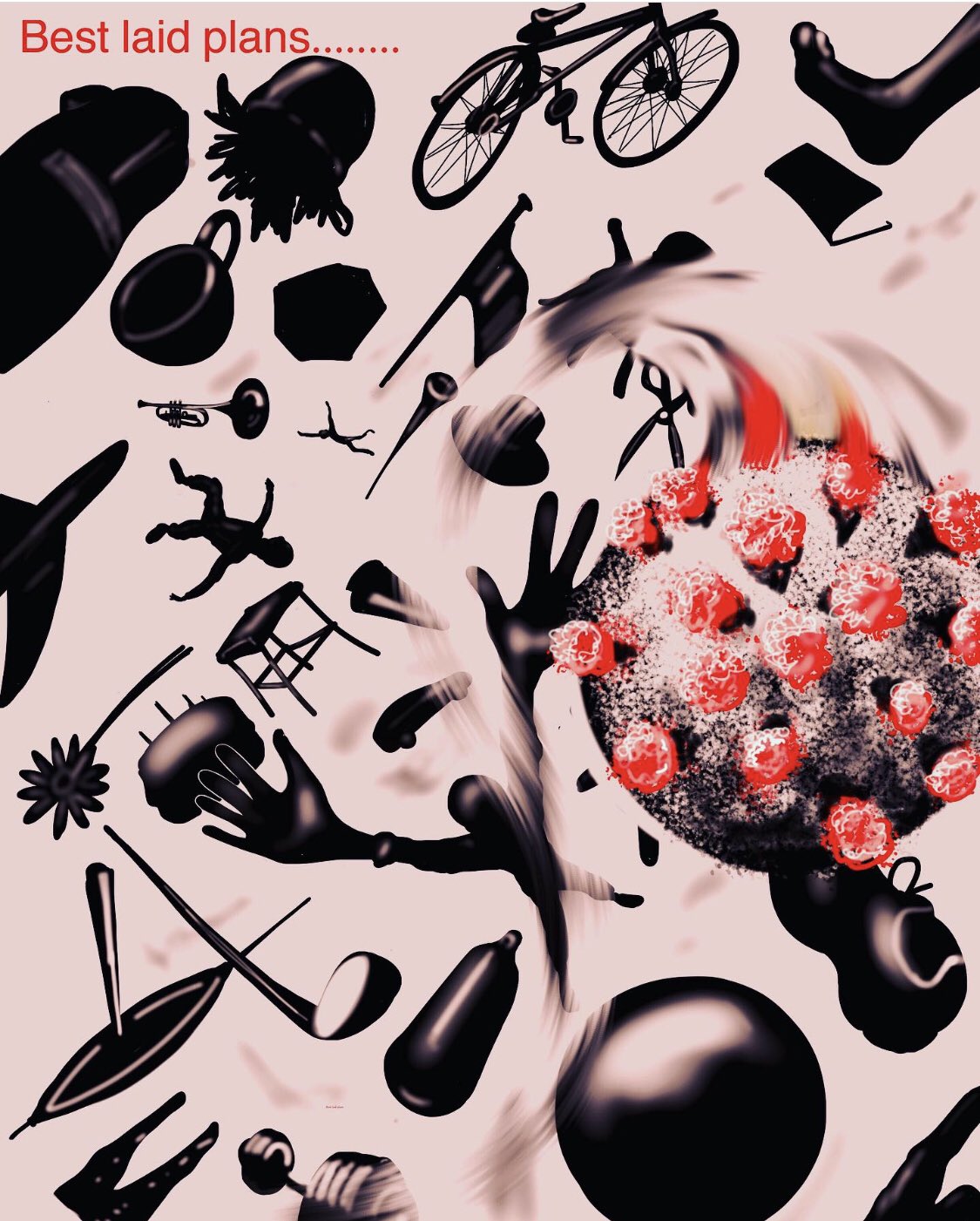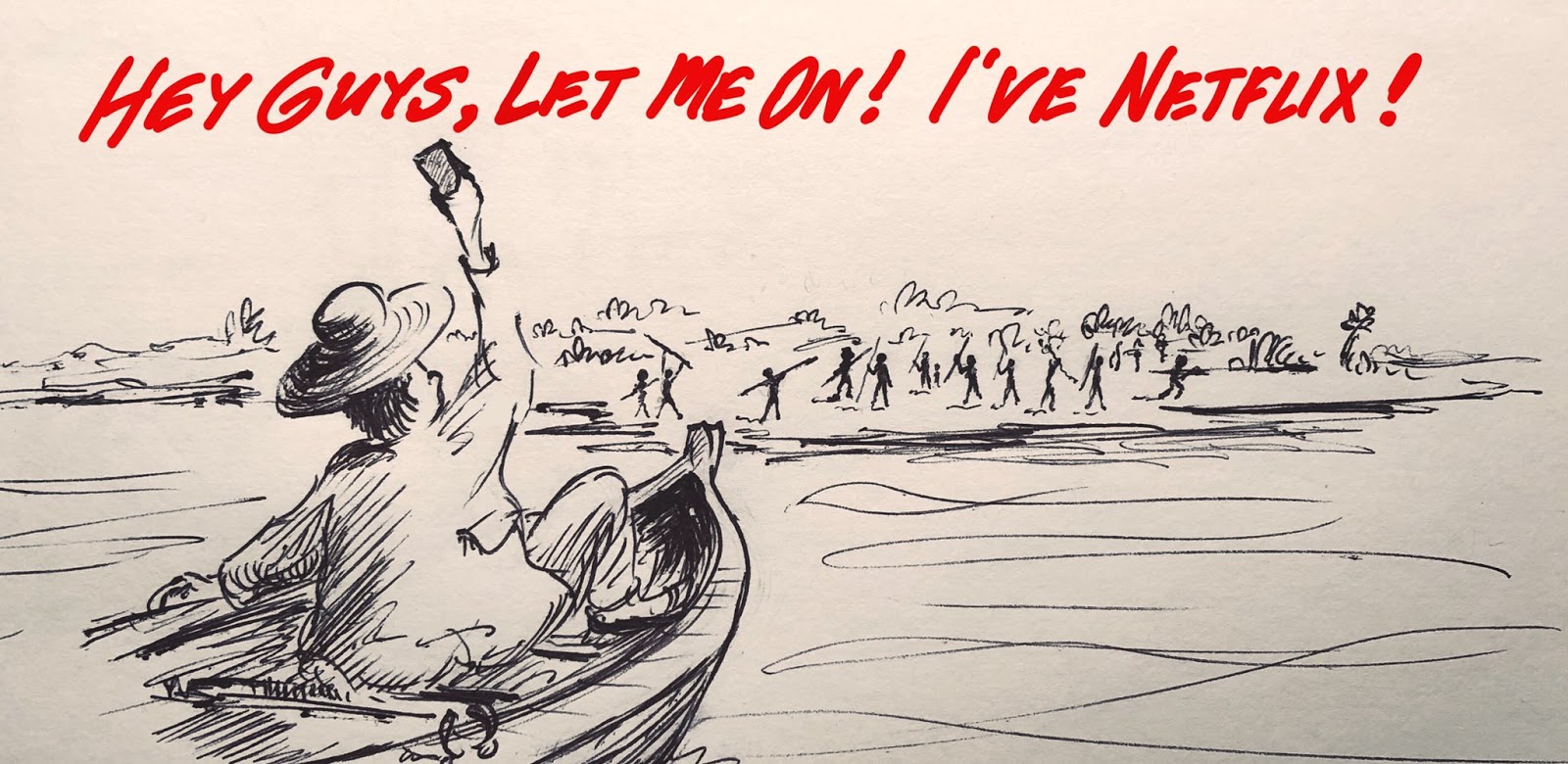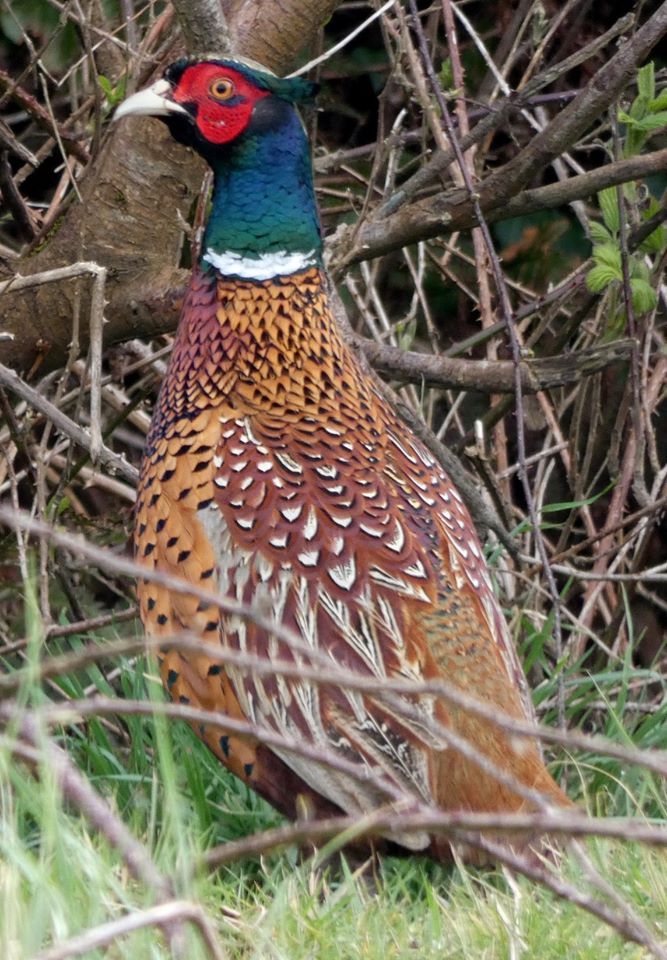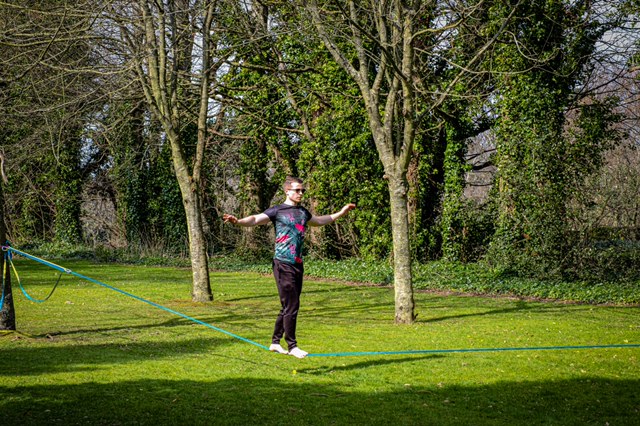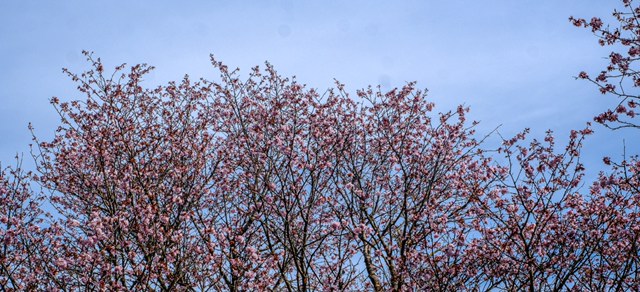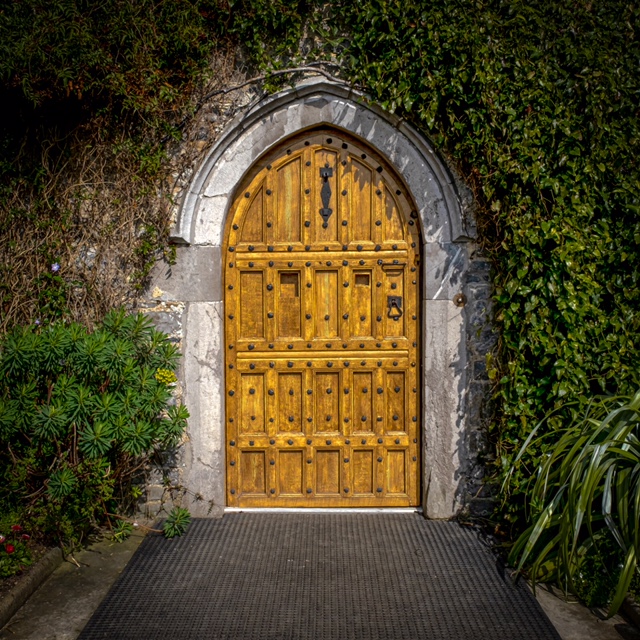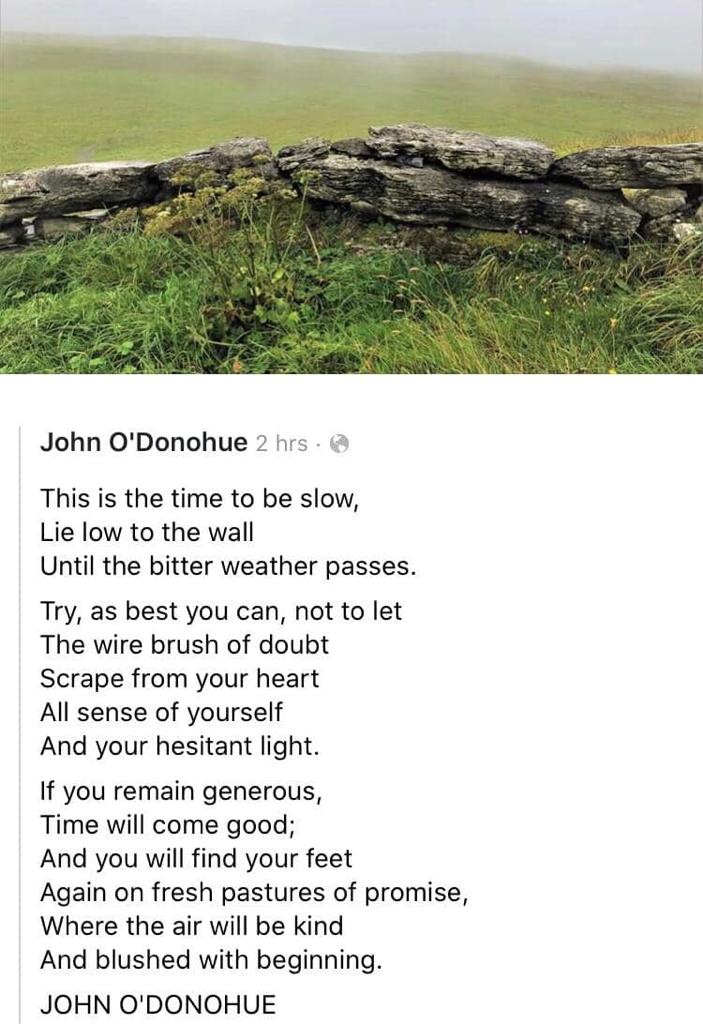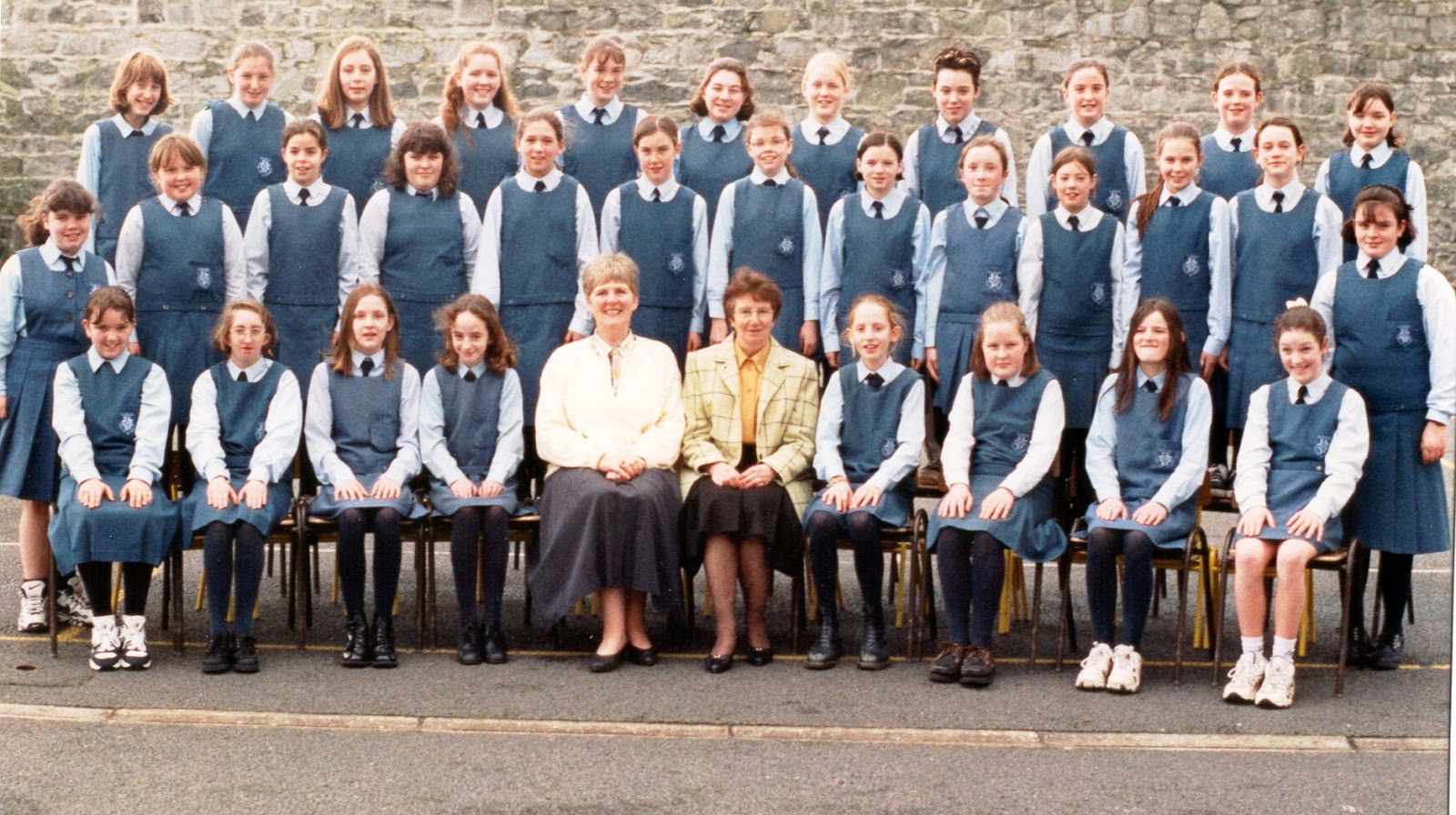Ballinruddery at Evening



Marie Moriarty took these photos on her evening walk.
<<<<<<<<<<<<
A Róisín Meaney Covid poem
We sit in our houses and miss
The freedom to hug and to kiss
Our oldies cocooned,
Our friends all marooned,
The return of the touch will be bliss.
<<<<<<<<
BEGGARS CAN BE CHOOSERS
By Mattie Lennon
“Les bons pauvres ne savent pas que leur office est d’exercer Notre generosite.” (The poor don’t know that their function in life is to Exercise our generosity.) Jean-Paul Sarte.
I was delighted when that the stupid law (The Vagrancy (Ireland) Act 1847) had been found to be unconstitutional.
It reminds me of the first time I met the late John B.Keane in Grafton Street, in Dublin. He was being ushered Brown-Thomas-ward by his spouse. And cooperating fully: unusual for a husband. I accosted him to say thanks for his prompt reply when I had written to him shortly before requesting information for an article I was writing.
We were about thirty seconds into the conversation when an adult male with a lacerated face and looking very much the worse for wear approached me. The polystyrene cup in his outstretched hand proclaimed that he would not be offended by a donation.
I contributed 20p (I think). Ireland’s best-known playwright turned his back, (I’m sure he picked up the gesture in the Stacks Mountains as a young fellow) extracted a substantial amount and gave to the needy. I then thought that a man who had written about everything from cornerboys to the aphrodisiac properties of goat’s milk could enlighten me on an enigma, which I had been pondering for decades.
You see, dear reader, if I were talking to you on a public thoroughfare anywhere in the world and a beggar was in the vicinity he would ignore you as if he was a politician and you were a voter after an election. But he would home in on me. I don’t know why. Maybe, contrary to popular opinion, I have a kind face. Come to think of it that’s not the reason. Because I have, on many occasions, been approached from the rear. Many a time in a foreign city my wife thought I was being mugged. When in fact it was just a local with broken, or no English who had decided to ask Mattie Lennon for a small amount of whatever the prevailing currency was. Maybe those people have knowledge of Phrenology and the shape of my weather-beaten head, even when viewed from behind, reveals the fact that I am a soft touch.
However, a foreman gave a more practical explanation to the boss, on a building site where I was employed many years ago. The site was contiguous to a leafy street in what is now fashionable Dublin 4 and those from the less affluent section of society used to ferret me out there. Pointing a toil-worn, knarled, forefinger at me the straight-talking foreman, Matt Fagen, explained the situation to the builder, Peter Ewing, a mild mannered, pipe-smoking, kindly Scot. “Every tinker an’ tramp in Dublin is coming to this house, an’ all because o’ dat hoor……because dat hoor is here…an’ they know he’s one o’ themselves.”
I was relating this to John B. adding, ” I seem to attract them.” to which he promptly replied;” (calling on the founder of his religion). You do.”
The reason for his rapid expression of agreement was standing at my elbow in the person of yet another of our marginalized brethren with outstretched hand.
So the best-known Kerryman since Kitchener left me none the wiser as to why complete strangers mistake me for Saint Francis of Assisi.
And salutations such as “hello” or “Good morning” are replaced by “How are ye fixed?”, “Are you carrying” and, in the old days, “Have you a pound you wouldn’t be usin’ “?
I do not begrudge the odd contribution to the less well off and I am not complaining that I am often singled out as if I was the only alms-giver. Come to think of it, it is, I suppose, a kind of a compliment.
Sometimes I say ; “I was just going to ask you”, but I always give something and I don’t agree with Jack Nicholson who says; ” The only way to avoid people who come up to you wanting stuff all the time is to ask first. It freaks them out.” Those unfortunate people are bad enough without freaking them out. Of course there are times when it is permissible not to meet each request with a contribution. I recall an occasion in the distant, pre-decimal days when a man who believed that, at all times, even the most meager of funds should be shared, approached my late father for five pounds. When asked ; ” Would fifty shillings be any use to you?” he conceded that yes, half a loaf would be better than no bread. Lennon Senior replied; “Right. The next fiver I find I’ll give you half of it.”
Of course none of us know the day or the hour we’ll be reduced to begging. In the meantime I often thought of begging as an experiment. But I wouldn’t have what it takes. Not even the most high powered advertising by Building Societies and other financial establishments can restore my confidence, to ask for money in any shape or form, which was irreparably damaged when I asked a Blessington shopkeeper for a loan of a pound nearly fifty years ago. He said; I’d give you anything, son….but it’s agin the rule o’ the house.”
I wonder was he a pessimist. It has been said that you should always borrow from a pessimist; he doesn’t expect it back. Well recently I was in a restaurant when a work colleague texted me asking to borrow a small amount of money……he was seated two tables away.
As JFK said in his inaugural speech: ” If a free society cannot help the many who are poor, it cannot save the few who are rich.”
I don’t know about the rich but I have learned one thing about the poor;
BEGGARS CAN BE CHOOSERS.
<<<<<<<<<<<<<
Some Mike O’Donnell Covid Cartoons
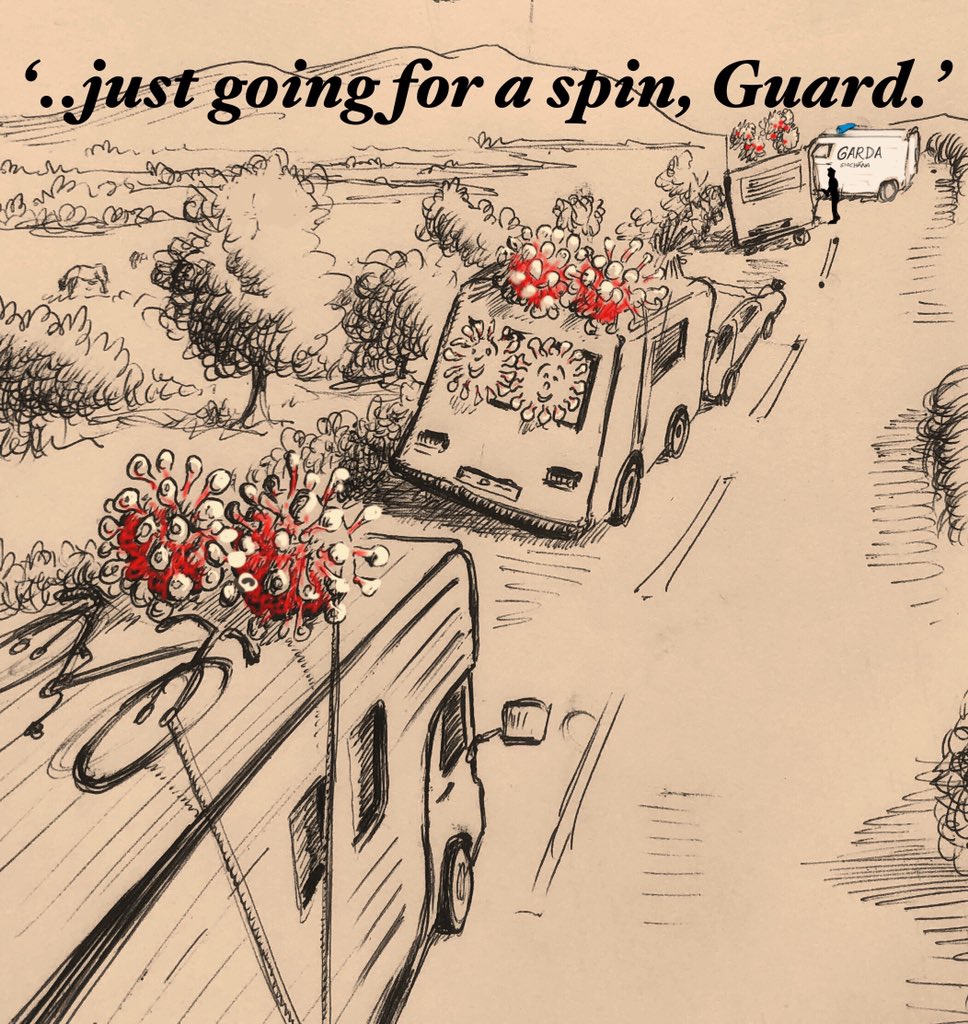
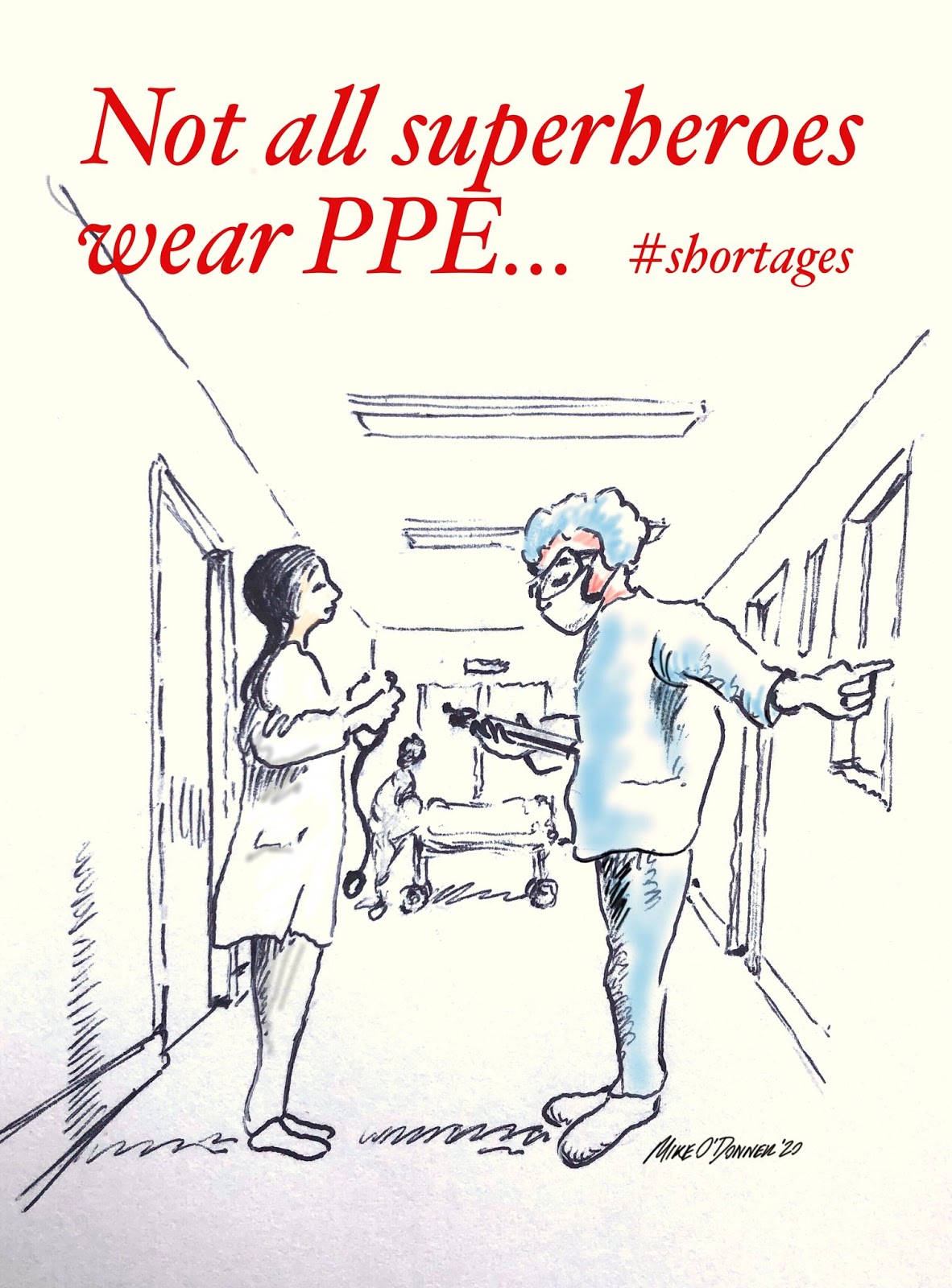

<<<<<<<<<<
Brotherly Love
The Roche family of O’Connell’s Avenue, Listowel had footballers and poets in their number. In the following poem, Noel remembers a brother he looked up to and sadly lost.
Brother Mike
In Loving Memory
Noel Roche 2017
My thoughts I put on paper
For all the world to see
I want to share with everyone what my brother meant to me.
Childhood memories come to me
In O’Connell’s Avenue.
Hero is the word that comes to mind
That’s how I looked at you.
All Ireland Boxing Champion
Bonfires lit up to the sky.
Everyone came out to celebrate
You were the golden boy.
London called. Off you went,
And there you would remain.
Romance came into your life.
Carmel was her name.
One by one, the children came
Until five kids you had.
Came as no surprise to me
You were a brilliant dad.
Hey, even as a granddad
You were a best in every way
Everyone that knew you
Would agree with what I say
The last two years of your life
Were your happiest, I’d say
With the love your family showed you
Every single day.
Surrounded by your family
The love filled up the place
I saw love and happiness
Written all over your face.
I know I’m gonna miss you.
When I’m feeling blue
I can call on the memories
Of times I spent with you
We could search the whole world over
And we would never find
Another like my brother Mike,
That man with an angel’s mind.
<<<<<<<<
Don’t trust everything you see on the internet
I saw this poem on the internet with the story that it was originally written after the great influenza pandemic of 1918 and I shared it on the blog.
This poem was written in 1869 by Kathleen O’Mara:
And people stayed at home And read books
And listened
And they rested
And did exercises
And made art and played
And learned new ways of being
And stopped and listened
More deeply
Someone meditated, someone prayed
Someone met their shadow
And people began to think differently
And people healed.
And in the absence of people who
Lived in ignorant ways
Dangerous, meaningless and heartless,
The earth also began to heal
And when the danger ended and
People found themselves
They grieved for the dead
And made new choices
And dreamed of new visions
And created new ways of living
And completely healed the earth
Just as they were healed.
Reprinted during Spanish flu pandemic, 1919 and again during the Covid 19 pandemic, 2020
Photo taken during Spanish flu
Well!
Mattie Lennon did a bit of research on the poem and its author and here is what he found;
Viral posts on social media are circulating a poem that begins with the line “And the people stayed home”. ( here ).
Some posts make the claim that the poem was written in 1869 after the Irish potato famine of the mid-19th century. Others say it was re-printed “during 1919 pandemic”, ( here ) – a reference to the Spanish flu outbreak that began in 1918.
Some posts attribute the poem to Grace Ramsey ( here ), pen name of Kathleen O’Meara, a 19th century French-Irish biographer and novelist ( here ).
The poem has attracted attention for its timely reflections on social distancing during the current coronavirus pandemic. It describes people adapting to isolation through reading, art, exercise, meditation and other activities.
The claim circulating on social media is false. The poem was not written in 1869 but in March 2020, by Catherine (Kitty) O’Meara, a retired teacher from Madison, Wisconsin.

